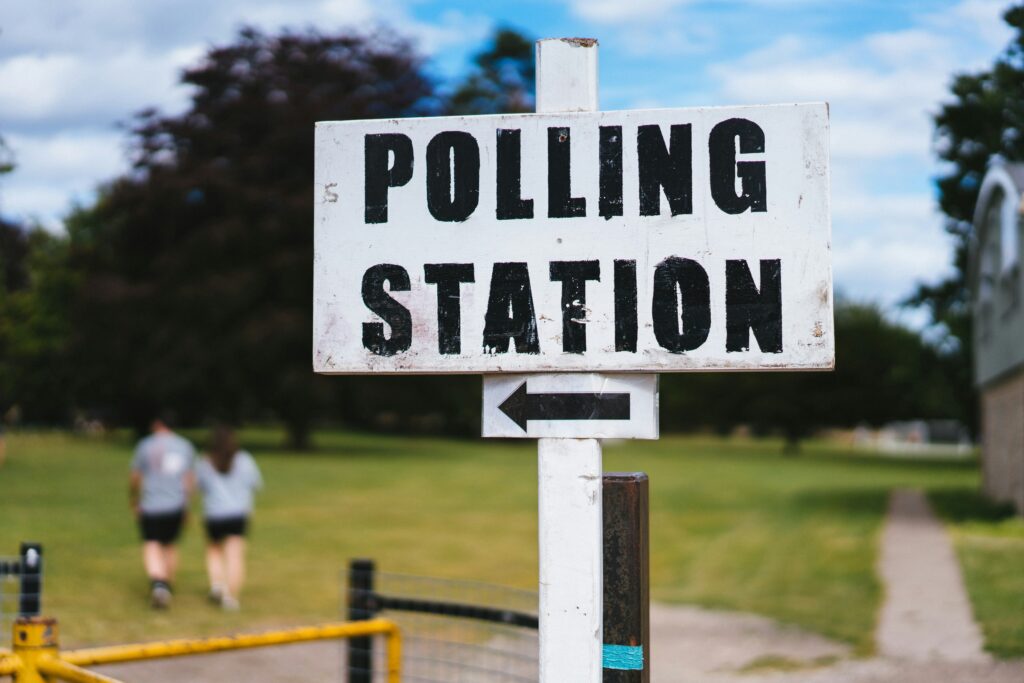“The Green Party wants to see a world without borders. Until this happens, the Green Party will implement a fair and humane system of managed immigration where people can move if they wish to do so,” reads a quote from the principles section of the Green Party website.
The Green Party, alongside the Liberal Democrats, arguably held the most liberal immigration policies of all the UK parties that stood in over 600 constituencies going into the 2024 election.
In their manifesto, hate crime, misogyny, Islamophobia, and antisemitism were all outlined as areas of concern that needed to be addressed. It would be expected that a party advocating for anti-discrimination alongside pro-immigration policies would be popular in the UK’s growing immigrant communities.
However, a breakdown of the four seats won by the party shows that, as of the 2021 census, only Bristol Central had a white population (78%) lower than the national average (83%).
It’s important to note that the white population of a given constituency may also include white European immigrants. Bristol Central had a 10.3% ‘Other White’ population, Brighton Pavilion 10.4%, North Herefordshire 3.6%, and Waveney Valley 2.6%.
For reference, East Ham (20.3% White population) and Birmingham Hall Green and Moseley (29.6%) are considered two of the most diverse constituencies in the UK. The Green Party had a relatively small share of the vote in both: 11.2% in East Ham and 9.4% in Birmingham Hall Green and Moseley.
In spite of the party’s best efforts to gain more of the ethnic minority vote—which have included opening up a sub-group of the party aimed at advancing ethnic minority rights, called Greens of Colour—the Green Party continues to struggle to win seats in Britain’s diverse constituencies.
One possible theory is that Asian and Asian British or Welsh people (9.3%) are the second-largest ethnic group behind white people (81.7%) as of the 2021 census. The majority of the first group are made up of immigrants from Pakistan or India or are the descendants of immigrants from those countries. Both are considered politically and culturally conservative countries with deeply embedded religious traditions. Islam is the predominant religion in Pakistan, while Hinduism is in India.
Considered a ‘culturally progressive party,’ some of the Green Party’s more progressive policies on topics such as LGBTQ+ rights may not align with the conservative values of these countries. Same-sex marriage, for example, is not currently recognised in either country.
A second possible explanation is that individuals from an Asian background may not share the major concern for climate change that the Green Party prioritises. It is widely accepted that inhabitants of the developed world are more likely to be concerned about this problem than those of the developing world. A study published in Nature Climate Change in 2015 found that less than 40% of inhabitants of India and Pakistan were aware of climate change. For reference, it also found that more than 75% of inhabitants of the UK were aware of the issue.
During the next election cycle, the Green Party must prioritise increasing their share of the ethnic minority vote if they want to fulfil their aim of significantly changing climate policy in the UK.
Net migration has been on a steady incline since the 1980s and has experienced a noticeable spike since 2019. The Green Party must address this problem, as the UK’s increased migration numbers will only serve to exacerbate it.

